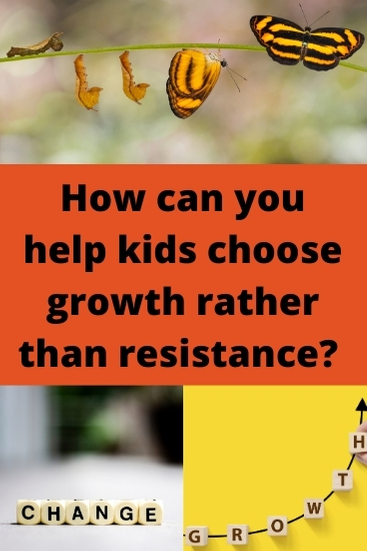Choosing Growth Rather Than Resistance to Reality Shifts
by Kathy Slattengren, M. Ed., Priceless Parenting (sign up for monthly parenting newsletter and receive 20+ printable charts for kids and parents)
(listen to article read by the author)

Reality shifts can happen slowly like the seasons changing or quickly like an earthquake. Either type of change can leave you feeling disoriented and unstable. How do you handle these uncomfortable feelings? How do you help your kids embrace the new reality?
Kids benefit from stability and structure. For example, having a consistent schedule creates structure in their days. Knowing what they will be doing and who they will be with each day provides a level of comfort.
What happens when their stable platform is rocked? It might be rocked by things like a new sibling, a move, a new school, a pandemic, or a divorce. How do you help your kids navigate through these changes?
Navigating Anticipated Reality Shifts
You can help prepare your kids in advance for changes you know are coming. For example, if you are having another baby, you can talk to your child about what it will be like when the baby arrives. You can read books together about families welcoming in a new baby.
Another change your kids will go through is puberty. You can prepare them for some of the things they will experience as their bodies change. When you discuss it with them, they learn that they can turn to you with their questions and concerns. Giving them
books about puberty is another way you can help prepare them.
What about situations that are unexpected? Things like wildfires, hurricanes and COVID-19 pandemic are unwelcome disruptions. They cause permanent damage. How do you help your kids through tragedies like these?
Responding To Unexpected Reality Shifts
Your kids may desperately wish to have things go back to the way they were. They resist the change. You feel their pain while knowing you are powerless to change anything back. Your power doesn’t lie in changing reality, it lies in helping your kids cope with the new reality.
Unwelcome changes produce big feelings. You and your children each have your own intense feelings. You can help them by acknowledging their feelings of disappointment, anger or worry. When you listen and hold space for them, you help them learn how to express those feelings instead of stuffing them inside. Tears are a way of releasing some of those feelings.
A dad described his son Aiden’s reaction to his girlfriend breaking up with him. Aiden was crushed. All he wanted to do was find a way to talk to his girlfriend again. It took a few rocky months for him to finally accept that their relationship was over.
After Aiden got to the other side, he was able to appreciate what he learned from the relationship. He had a better idea of the qualities he would like in future relationships. He also learned he was resilient.
If the change involves a loved one’s death or a huge loss, you will be going through
the grieving process. Denial is the first stage in that process. It takes time for the permanence of the change to sink in.
Growing Through Reality Shifts
Going through a significant change is challenging. When you get to the other side of the change, you can look back to appreciate how you rose to the challenge. You were resilient. You displayed more courage than you thought you had. You learned something about yourself.
Reality shifts jolt you out of your normal life. The time is ripe for gaining new perspectives. Transitions are a time of learning and growth.
Sophia’s middle school teacher asked the students to write what they had learned since the COVID-19 pandemic started. Sophia wrote “I used to complain about going to school. I hated getting up so early. Now that we haven’t been able to go to school, I actually miss it. I didn’t realize how much I would miss being in school until I couldn’t go.”
Sophia learned new things about herself. She learned that things she took for granted may go away. After hearing about people dying from COVID-19, she even developed a deeper appreciation for having her parents with her.
You often do not choose shifts in reality. You do get to choose your response to the shifts. Spending energy resisting the change increases your suffering. Figuring out ways to cope with the new circumstances helps you proceed through it.
Life is full of transitions – some welcome and others not. While the status quo may feel comfortable, it never lasts. You can’t protect your kids from experiencing reality shifts. However, you can be there to support them and help them become more resilient.